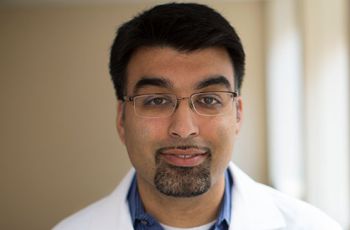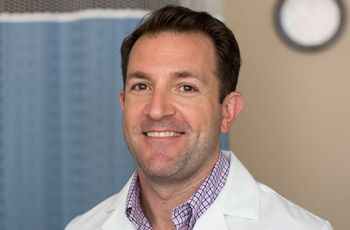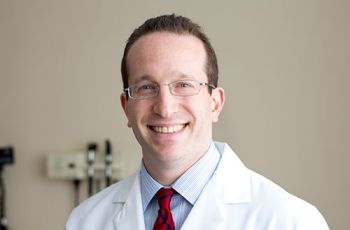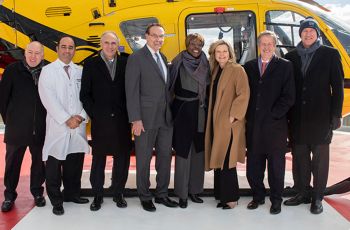Emergency Medicine
Bruno Petinaux, MD, chief medical officer at GW Hospital and clinical associate professor of emergency medicine, spoke to The New York Times for an article on how hospitals are dealing with a shortage of protective gear during the COVID-19 pandemic.
Neal Sikka, MD, associate professor of emergency medicine, spoke to CNN Technology for an article on efforts to boost telemedicine during the COVID-19 pandemic.
In a literature in The Journal of Trauma and Acute Care Surgery, researchers examined the prevalence of hypocalcemia, a condition in which there are low levels of calcium in plasma, among trauma patients.
James Phillips, MD, assistant professor of emergency medicine, authored an op-ed on how people can protect themselves against COVID-19.
James Phillips, MD, assistant professor of emergency medicine, authored an op-ed for CNN on preparedness of health care professionals in the face of a coronavirus outbreak.
A new survey from dermatology and emergency medicine researchers at GW suggests that the dermatology community is inadequately prepared for a biological disaster and would benefit from a formal preparedness training program.
In early 2018, a woman in her 30s, we’ll call her Sue although that’s not her real name, decided that she’d like to try one of those hip electric scooters she’d seen whizzing around town. Bad decision.
Could the brain provide biological clues following a traumatic injury that would improve the outcome for the patient?
A historic milestone for the George Washington University (GW), GW Hospital, and the Washington, D.C., community was achieved on Nov. 8 with the opening of a helipad on the hospital’s roof, expanding access to lifesaving care in the region.
A drug developed at the George Washington University (GW) School of Medicine and Health Sciences (SMHS), GIAPREZA, can increase dangerously low blood pressure in life-threatening situations, offering the potential to help hundreds of thousands of patients in the United States.






